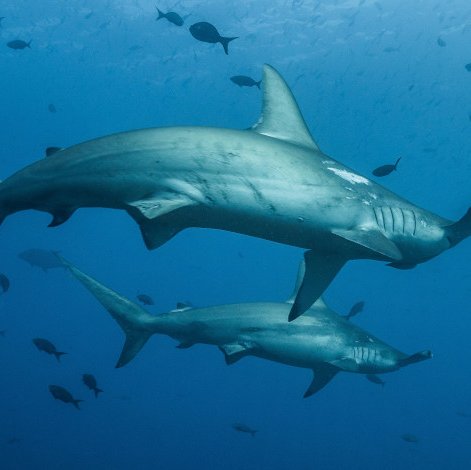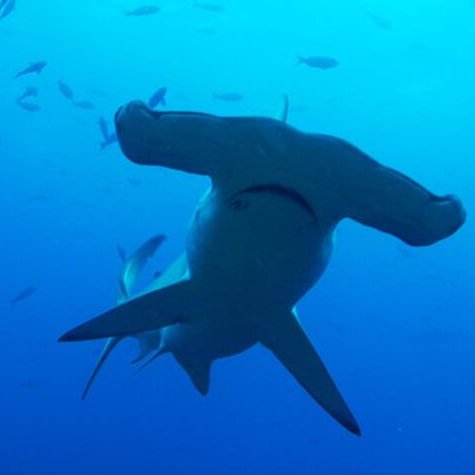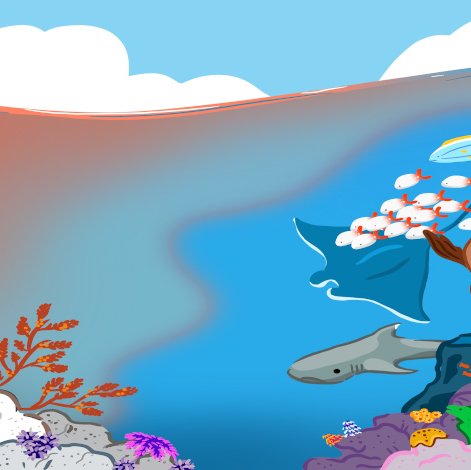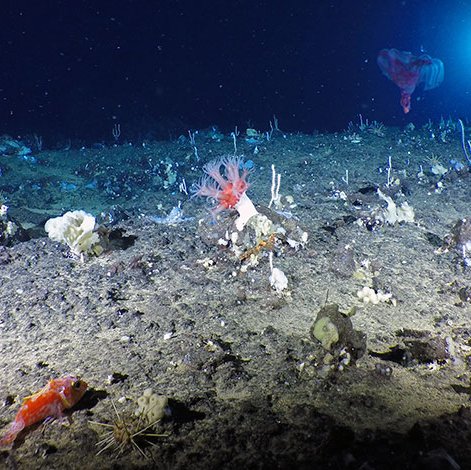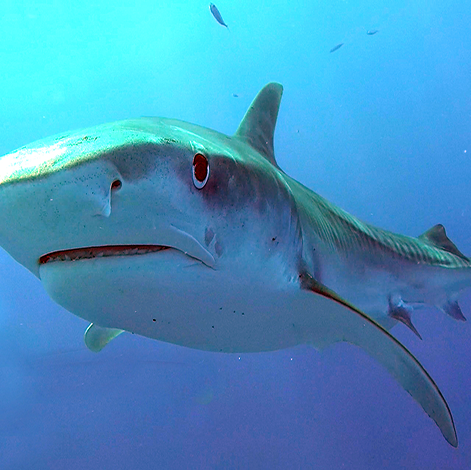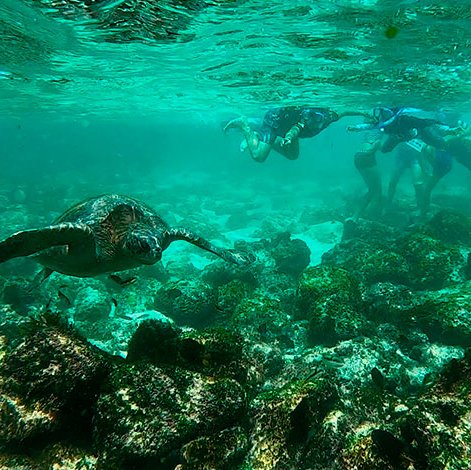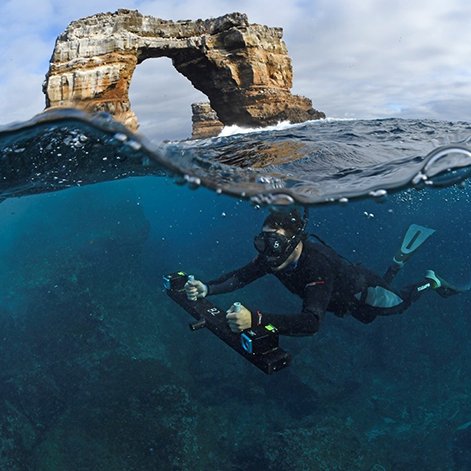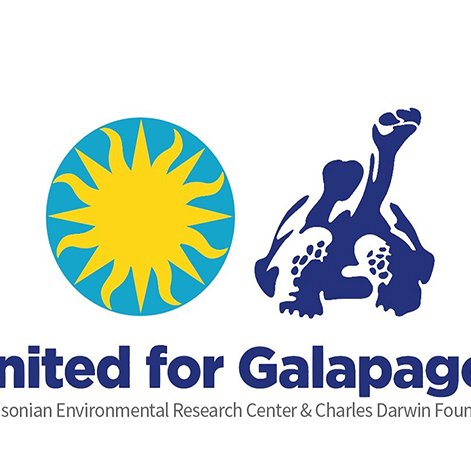Results
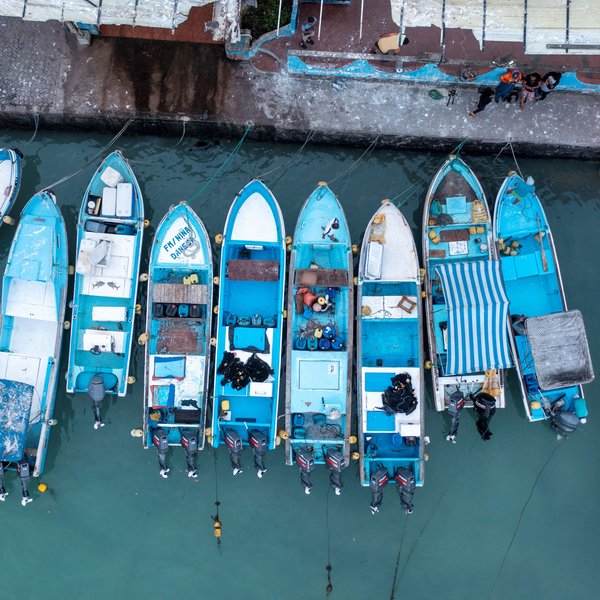
The artisanal fishing sector is vital to the Galapagos Islands, but it is facing increasing challenges such as climate change, unfair value chains, and over-exploitation. Our program seeks to create a more prosperous, autonomous, and fair seafood system that is respectful of the natural environment, and fosters resilience against environmental, socio-economic, and climate change.
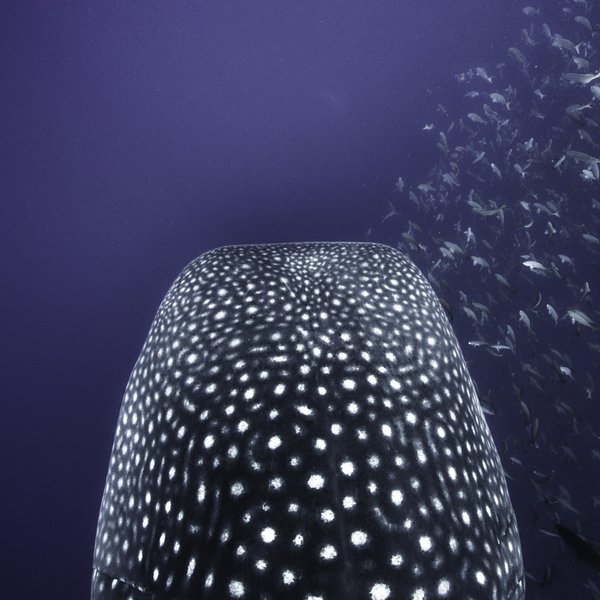
Ushering in a new chapter for ocean governance ratification of the BBNJ agreement.
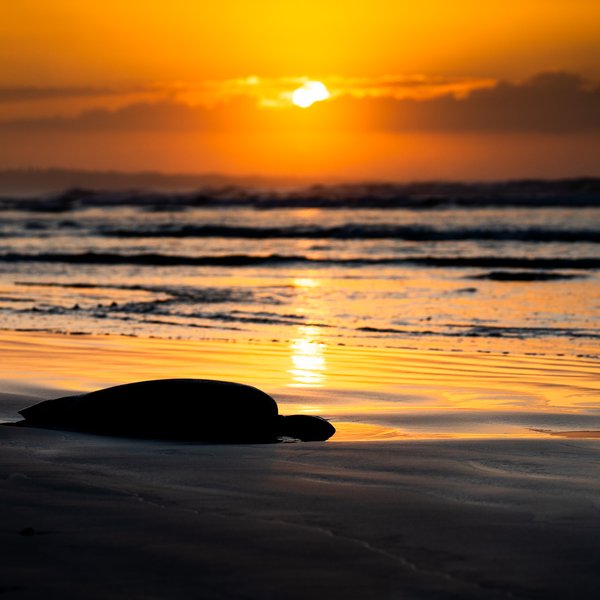
The Charles Darwin Foundation and Oceans Finance Company are delighted to announce a strategic partnership aimed at advancing crucial long-term conservation initiatives to enhance resilience to climate change in the archipelago and surrounding areas.
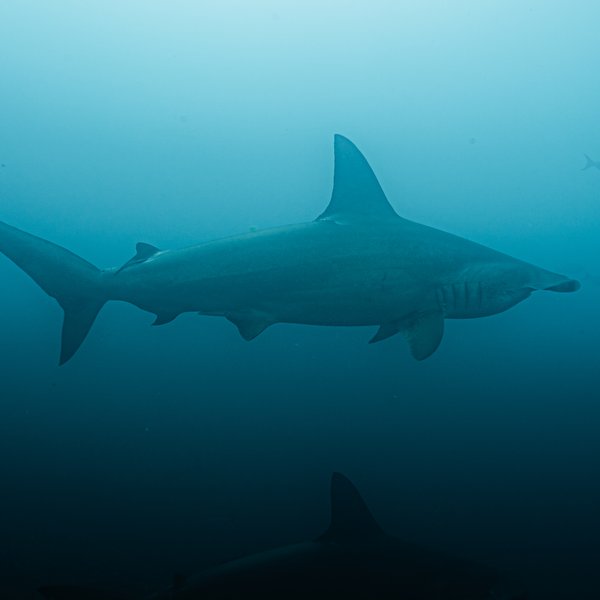
Dive into the mysterious world of sharks and discover their vital role in keeping our oceans healthy. Far from being monsters, sharks are guardians of balance, threatened by human actions. Learn how these majestic creatures sustain marine ecosystems—and how you can help protect them during Shark Week.
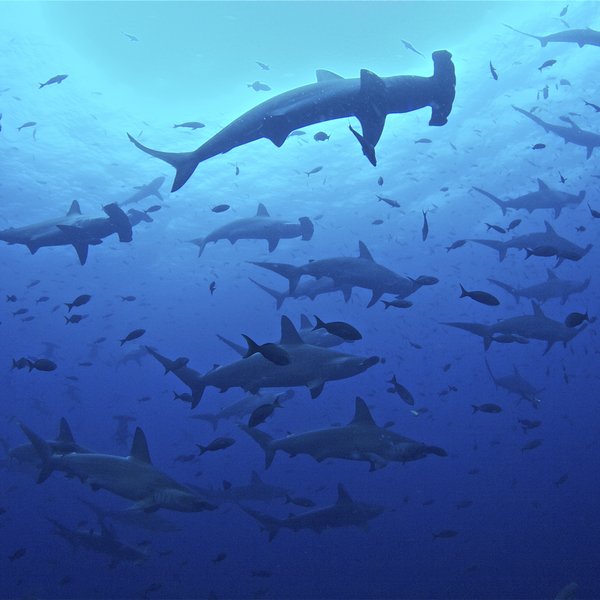
From the heart of the Galapagos, discover how science, community, and conservation unite to protect sharks, turtles, seabirds, and more. Explore the threats, the efforts, and how you can help safeguard our shared blue planet.
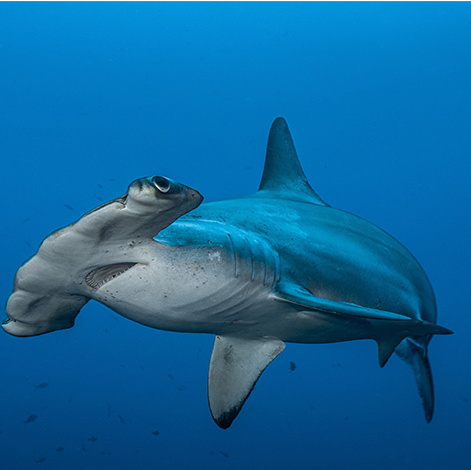
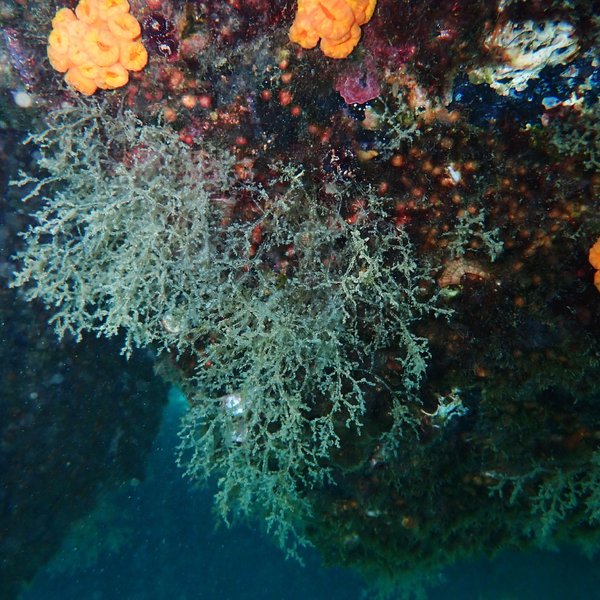
The introduction of alien species is arguably the most important driver of biodiversity loss for oceanic islands. Our work seeks to evaluate the effects of alien invasive species, climate change, and other anthropogenic pressures on the biodiversity of the Galapagos Marine Reserve and the Eastern Tropical Pacific in order to better sustain coastal communities and prevent marine species extinction.
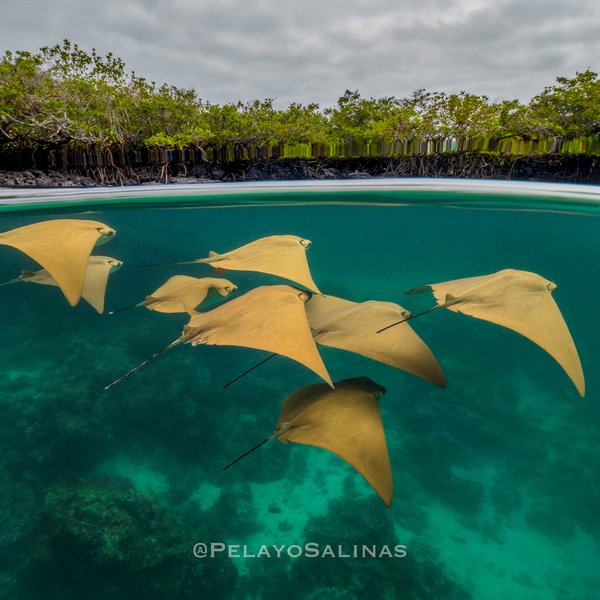
A recent study published in the prestigious scientific journal Global Change Biology reveals that nearly a quarter of chondrichthyan species (cartilaginous fish including sharks, rays, and chimeras) in the Eastern Tropical Pacific (ETP) are highly vulnerable to climate change.
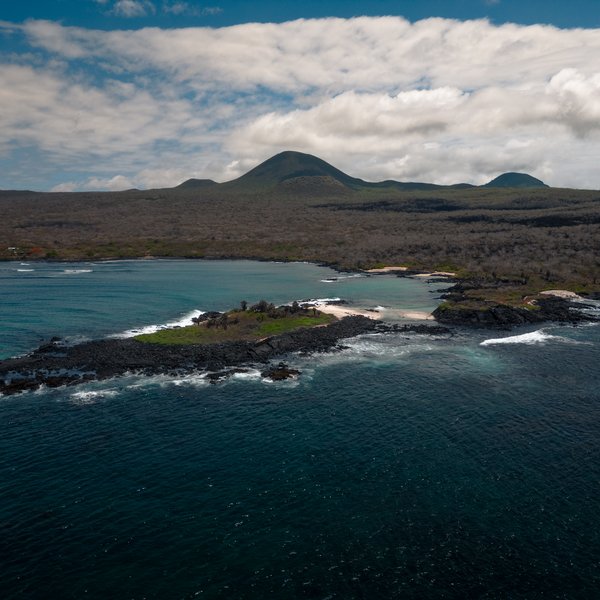
Artisanal fishing within the Galápagos Marine Reserve (GMR) is more than just a source of income—it is the livelihood of more than 500 families and an essential part of the islands' culture including hotels, cruise ships, restaurants and feeding local people. Yet, this vital tradition is under increasing pressure from the combined impacts of El Niño and climate change, which threaten marine biodiversity and the local economy. Drawing on insights from the recent scientific publication “An Overview of the Socioecological Impacts of the El Niño-Southern Oscillation and Climate Change on Artisanal Fisheries in the Galápagos”, co-authored by our Principal Investigator Jorge Ramírez, we explore how these threats affect local fisheries and what actions are needed to secure a more sustainable future.
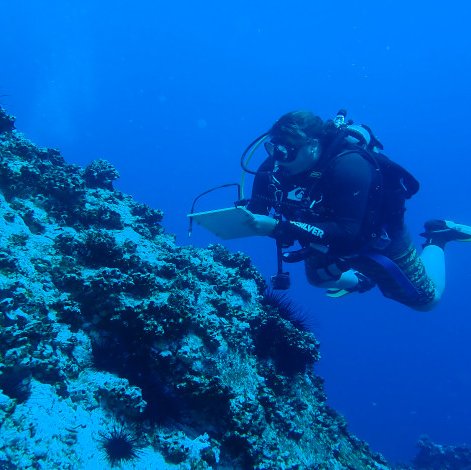
The CDF joins the Island-Ocean Connection Challenge to Implement Community-Based Monitoring and Safeguard Island Ecosystems
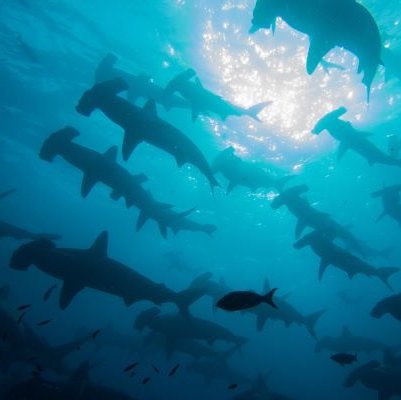
Ecologically, the ocean is one interconnected system. Yet international law has divided it into arbitrary maritime zones based on geopolitical interests. Our research seeks to improve transnational ocean governance and conservation outcomes in the Eastern Tropical Pacific, through collaboration with scientists, academics, practitioners, and decision-makers.
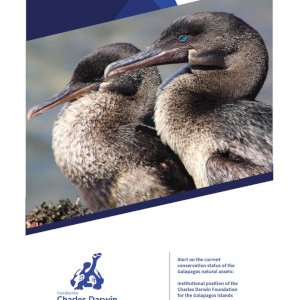
- Date:
- 2019
- Language:
- English





